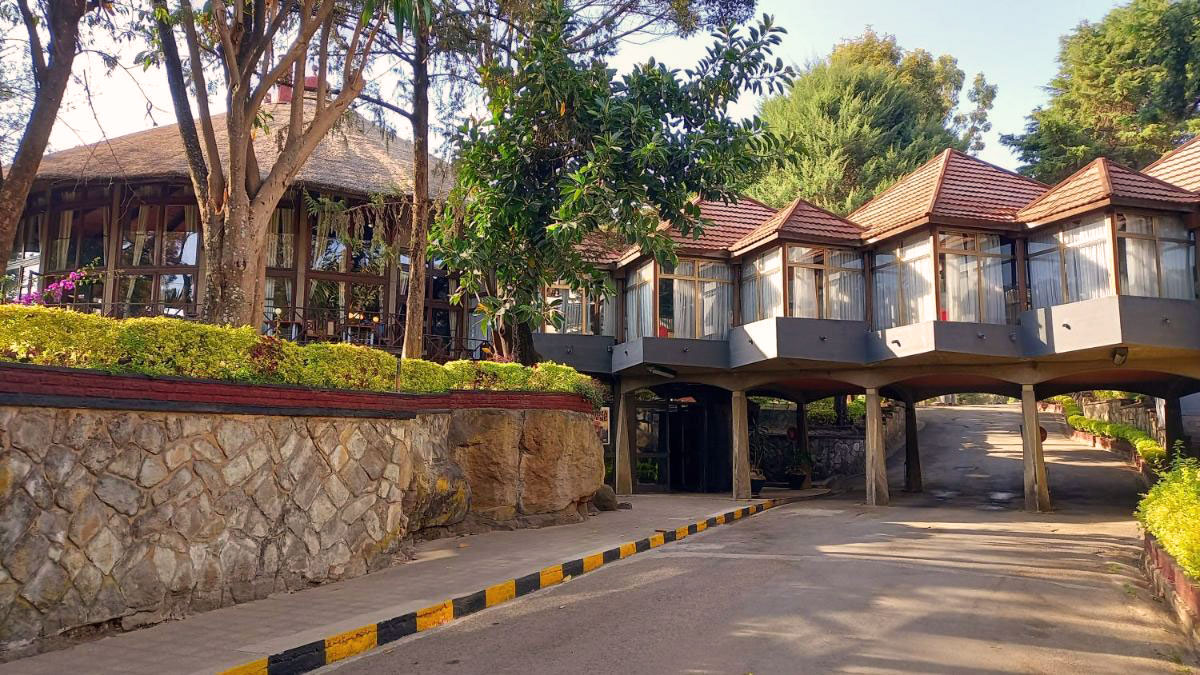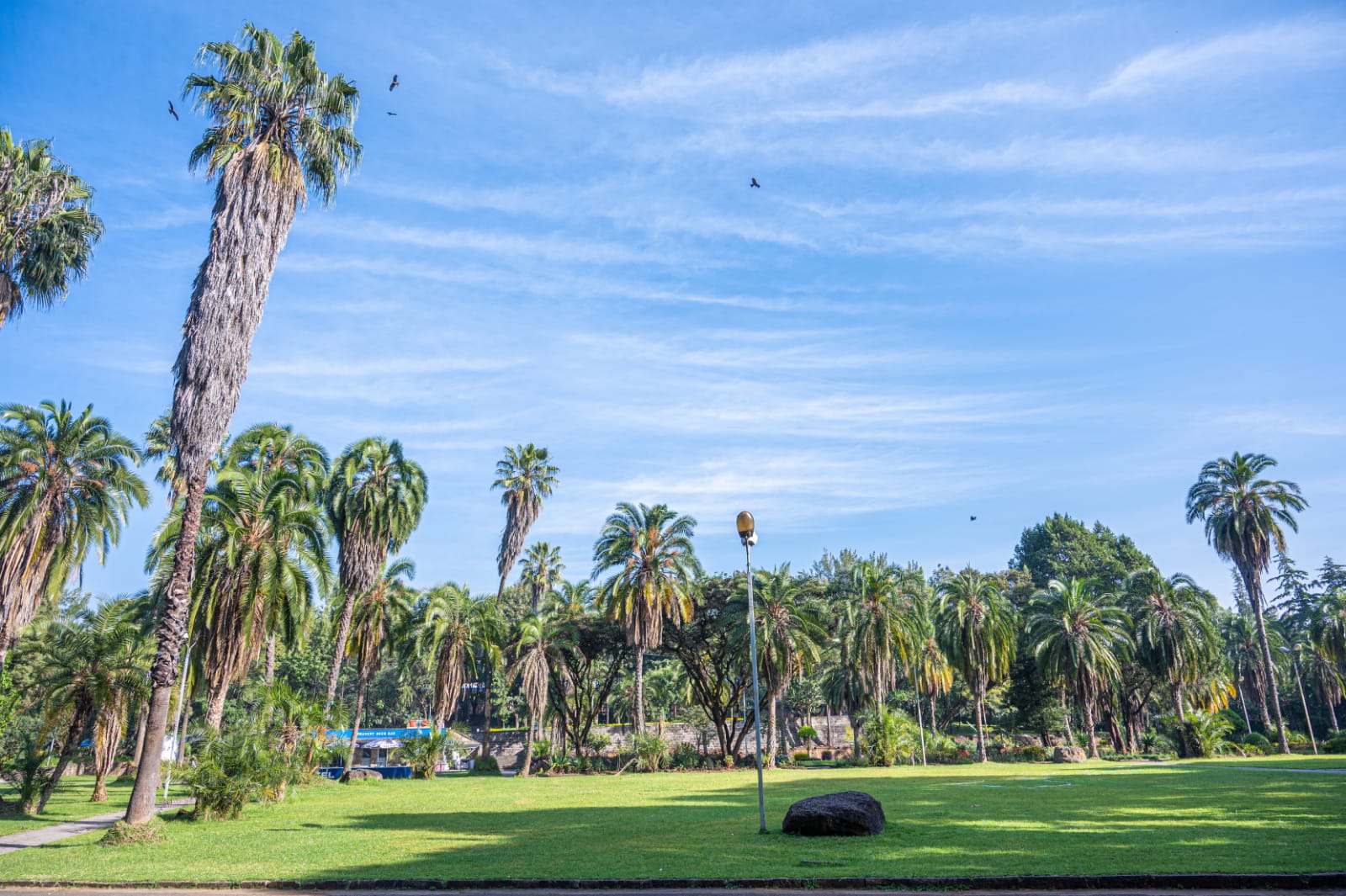Ghion Hotel, a historic establishment in Addis Ababa, traces its origins back to a building constructed by Emperor Haile Selassie for his son, Prince Sahle Selassie. Originally intended as a private residence, it was later converted into a hotel in 1943 E.C. (Ethiopian Calendar), becoming a key player in the city's hospitality scene.
During the Derg regime, the hotel was nationalized as part of broader government policies, but it continued to operate, providing a range of services. In 1984, the hotel was restructured under Proclamation No. 25/84 and Regulation No. 107/85, with its branches being transferred to the government for a sum of 19,280,000.00 Birr. It was then established as a government-owned development company, marking a new chapter in its history.

As part of the government's initiative to privatize state-owned enterprises, several branches of Ghion Hotels were transferred to private ownership over time. However, the main hotel in Addis Ababa remained under government management.
Today, Ghion Hotel is a two-star hotel situated in the heart of Addis Ababa, covering an expansive area of 123,369 square meters. It is well-known for its beautiful garden, which enhances its appeal to both locals and tourists. The hotel employs a total of 358 permanent staff, consisting of 184 men and 174 women.

In recent years, Ghion Hotel has embarked on an ambitious vision to elevate its status. By building internal capacity, modernizing its service centers, expanding offerings, opening new service centers, and upgrading its internal equipment, the hotel aims to meet the demands of Ethiopia's economic growth and the evolving hotel industry. The hotel has also focused on strengthening its workforce, all with the goal of achieving a five-star rating by 2022 E.C.

Ghion Hotel is a public enterprise that offers a wide range of services, including room service, garden space for events and bazaars, food and beverage services, swimming facilities for children and adults, gym services, and hall rentals for weddings, meetings, and various other functions. Today, it stands as one of the most profitable public enterprises in Ethiopia's hospitality sector, continuing to play a significant role in the country's economic development while preserving its rich heritage.


